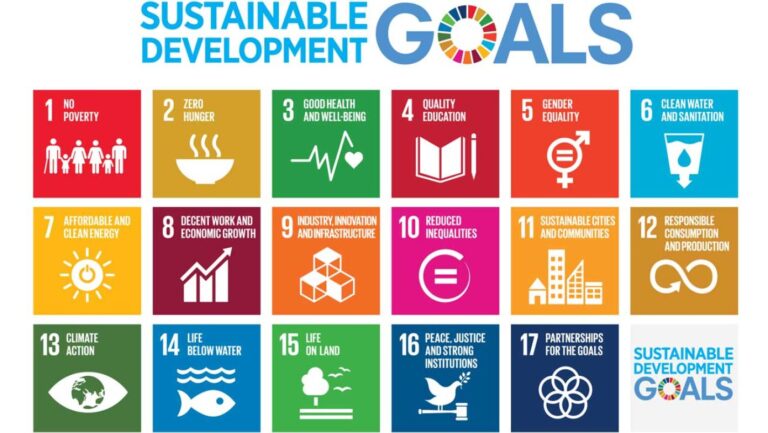Lagos, Nigeria — Nigeria’s path to sustainable development will remain blocked unless the nation tackles what thought leaders call its “psychology of underdevelopment” through disciplined governance, citizen responsibility, and values-driven leadership.
That was the consensus on Thursday at the Lagos edition of the Development As Attitude National Dialogue Series, organised by the Nigerian Economic Summit Group (NESG) in partnership with the Gates Foundation under the Nigerian Hamilton Project.
The conversations drew inspiration from Development As Attitude, a book by Prof. Osita Ogbu, co-chair of NESG’s National Economic Advisory Council, who told participants:
“Attitude shapes development outcomes. Without the right mindset, even the best policies will fail.”
NESG CEO Dr. Tayo Aduloju warned that without open, informed debate, national development risks being captured by narrow elite interests. He outlined four pillars for transformation: rule of law, industrialisation, prudent debt management, and strong financial institutions.
From governance to business, speakers agreed that Nigeria’s development challenge is as much about behaviour and culture as it is about policy:
-
Babatunde Raji Fashola, SAN, former Lagos governor, argued that law, order, and civic discipline should be the country’s most prized assets.
-
Prof. Olu Ajakaiye, of the African Centre for Shared Development Capacity Building, called for evidence-based policymaking.
-
Adenike Adeyemi, executive director of FATE Foundation, stressed integrating integrity and excellence into entrepreneurship and education.
-
Abubakar Suleiman, CEO of Sterling Bank, likened nation-building to raising a child, urging investment in science, technology, and manufacturing as the nation’s “foundational education.”
Representing Lagos State Governor Babajide Sanwo-Olu, Commissioner for Economic Planning Ope George praised NESG for turning a book dialogue into a high-impact policy conversation.
The event serves as a prelude to the 31st Nigerian Economic Summit in October 2025, with participants warning that unless Nigeria undergoes a deliberate mindset shift anchored in discipline, innovation, and shared responsibility, economic blueprints will continue to gather dust instead of delivering results.

